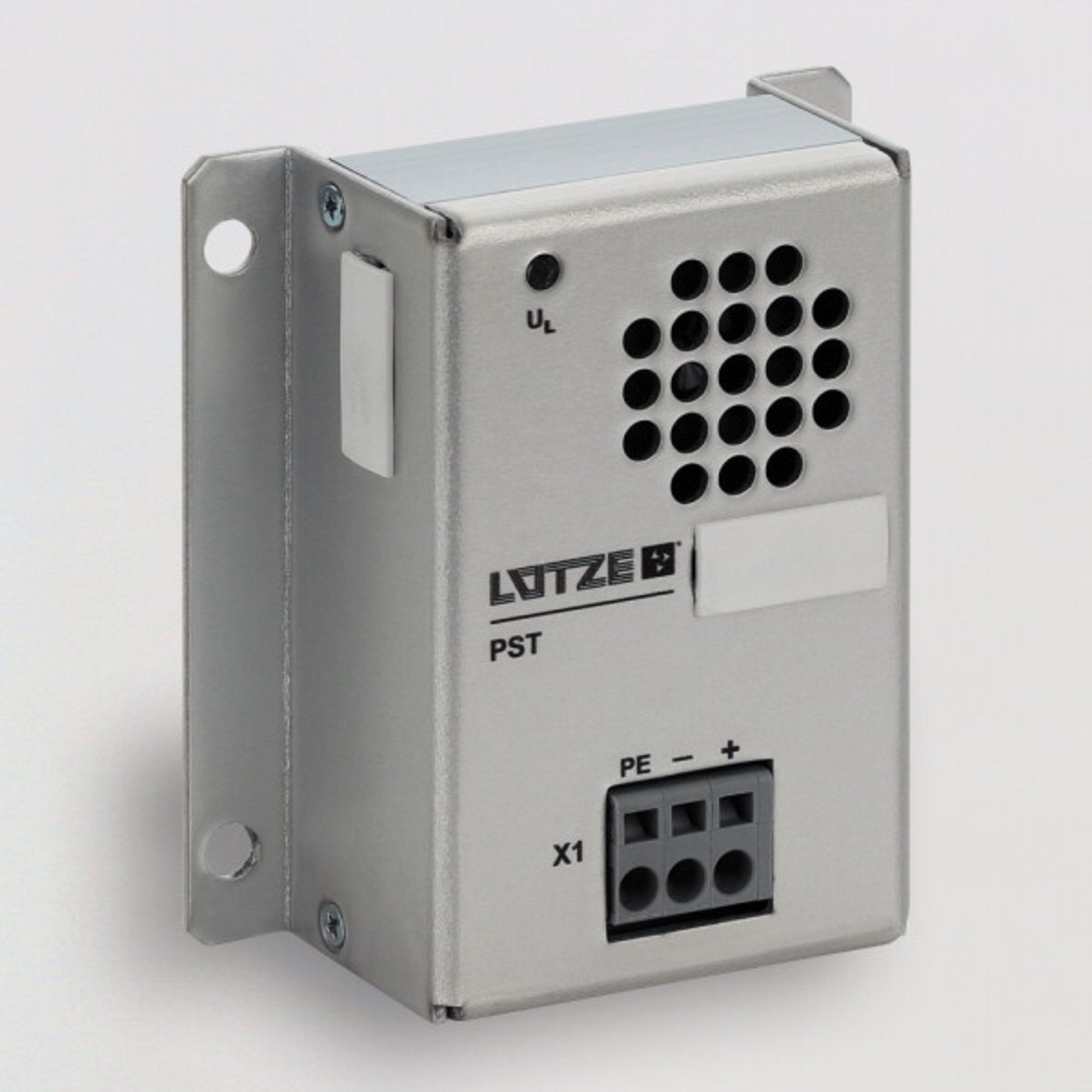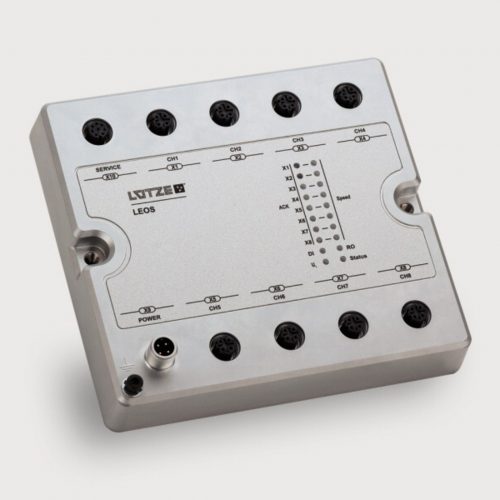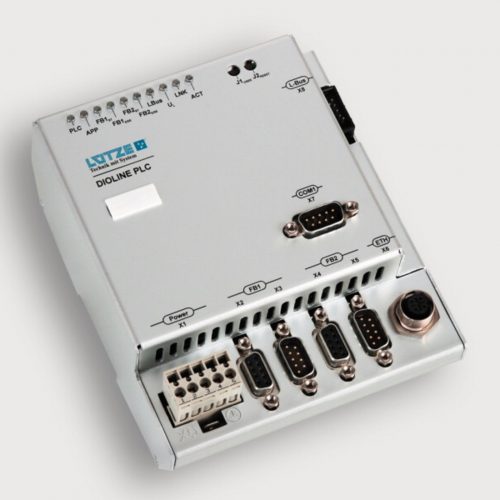Technical data
Nominal voltage range
DC 24 V – 110 V
Voltage range
DC 16.8 V – 137.5 V
Rated current (at UN)
20 mA @ 24 V, 5 mA @ 110 V
Status indication LED
LED UL – green – Power supply OK
Rated frequency fN
200 – 4000 Hz
Sound pressure
85 dB @ 2 kHz at 1m
Volume control
via configuration
Technology
Piezo-ceramic
Boot-up time
< 50 ms
General
Connection type
- Spring terminal: single stranded 0.08 – 2.5 mm2, fine stranded 0.08 – 2.5 mm2
- Stripping length: 8 – 9 mm
- Screwdriver: 3.5 × 0.5 mm
Mounting
Wall mounting
Protection class
IP20
Operation temperature range
-40 °C … +70 °C (+85 °C 10 min)
Storage temperature range
-40°C…85°C
Dimensions (w × h × d)
71×78,5×33 mm
Weight
0,104 kg/piece
Standards
- EN 50155:2007-07: Railway applications – Rolling stock – Electronic equipment
- EN 50121-3-2:2006-07: Railway applications – Electromagnetic compatibility – Part 3-2: Rolling stock – Apparatus
- EN 50124-1:2001-03: Railway applications – Insulation coordination – Part 1: Basic requirements – Clearances and creepage distances for all electrical and electronic equipment
- EN 61373:2010-09: Railway applications – Rolling stock equipment – Shock and vibration tests
- HN_Isolationsprüfung:2012-02: Company internal standard – Insulation test
Failure Rate Prediction (MTBF)
Standards
- Electronic components – Reliability – Reference conditions for failure rates and stress models for conversion: EN/IEC 61709
- Failure Rates of Components – Expected values: SN 29500
Failure rate at +45 °C
466 fit
Failure rate at +45 °C
2147923 h
1 fit equals one failure per 109 component hours
The indicated temperature is the mean component ambient temperature.
Comments
- The results are valid under following conditions:
- Automotive environment or industrial areas without extreme dust levels and harmful substances
- Continuous operation 8760 h per year
Accessories
- USB service cable, LCON ZB USB, part number 815900)
- Configuration software “Lütze Piezo Configurator”
Operating mode
- 1) Continuous Operation
- Frequence f1 with defined runtime t3
- 2) Pulse-Pause operation
- Frequence f1 with defined runtime t3, On-time t1 und Off-time t2
- 3) Alternating operation
- with defined runtime t3, sound with frequence f1: t1 and sound with frequence f2: t2




